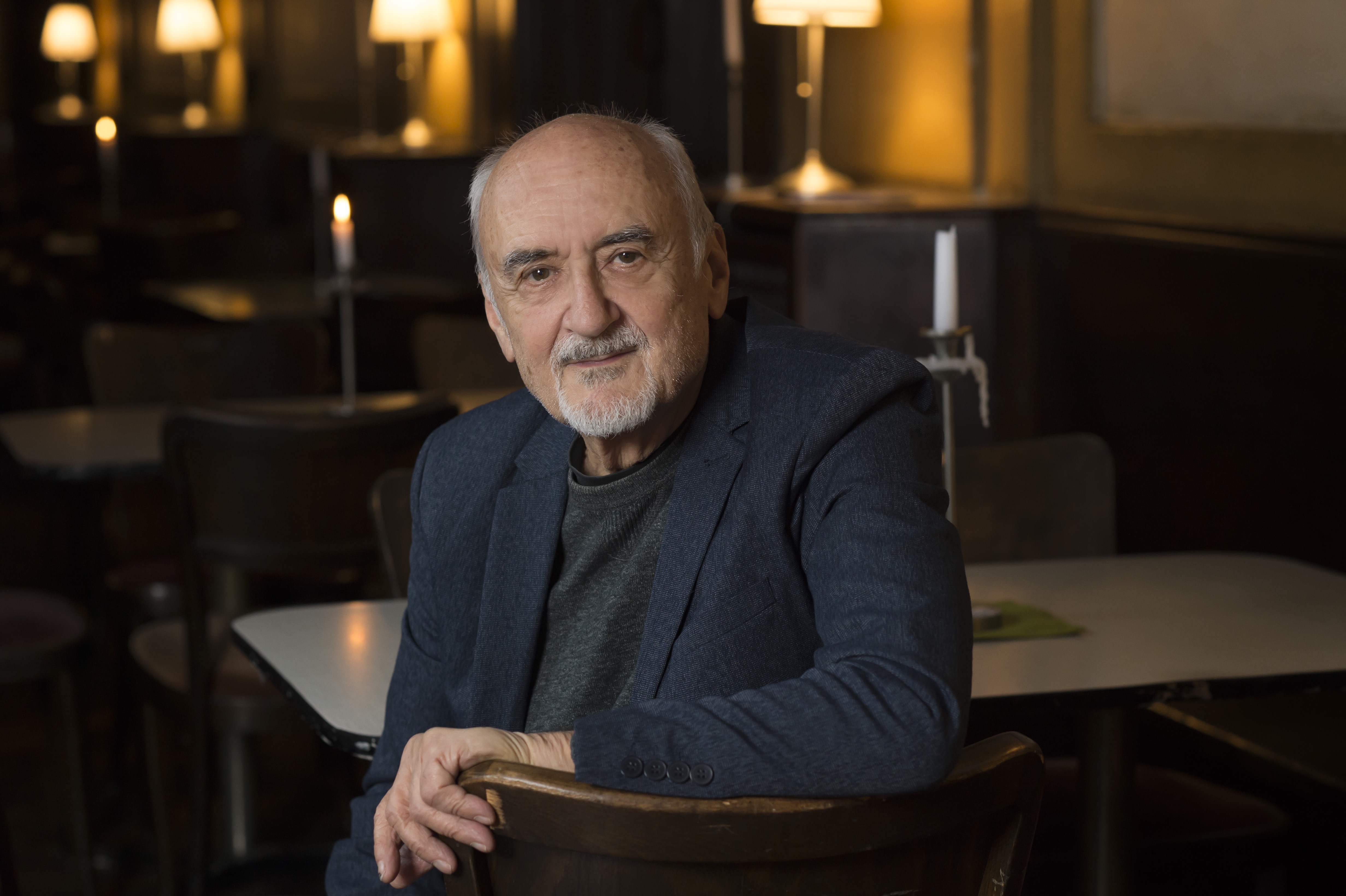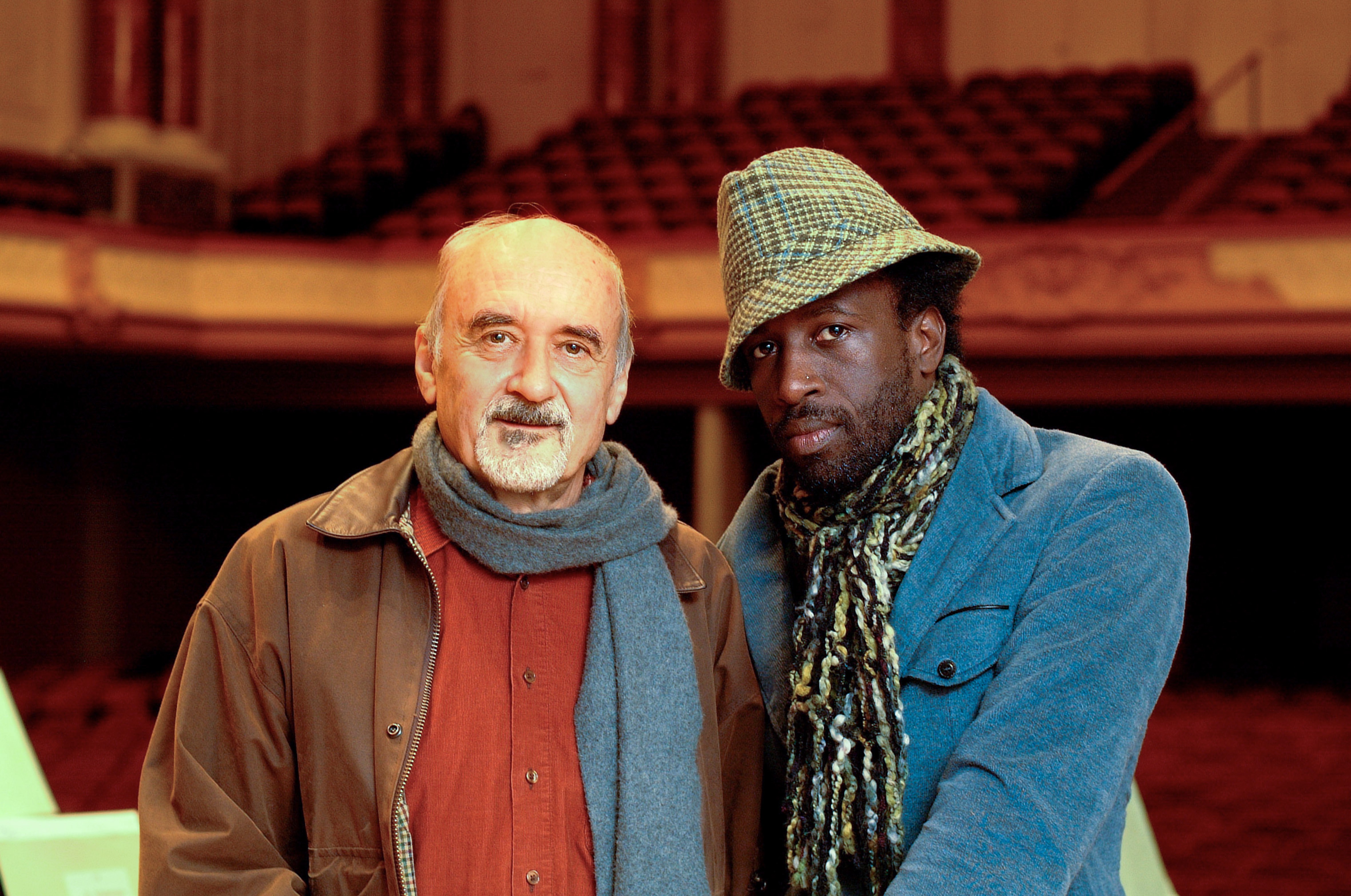The renowned Swiss-based online magazine Norient, founded in 2002, has recently been integrated into the new online platform Norient Space – The Now In Sound. With a community of 700 journalists*, musicians* and scientists* from over 70 countries, this new platform bundles digital reflection on global contemporary and experimental music creation.
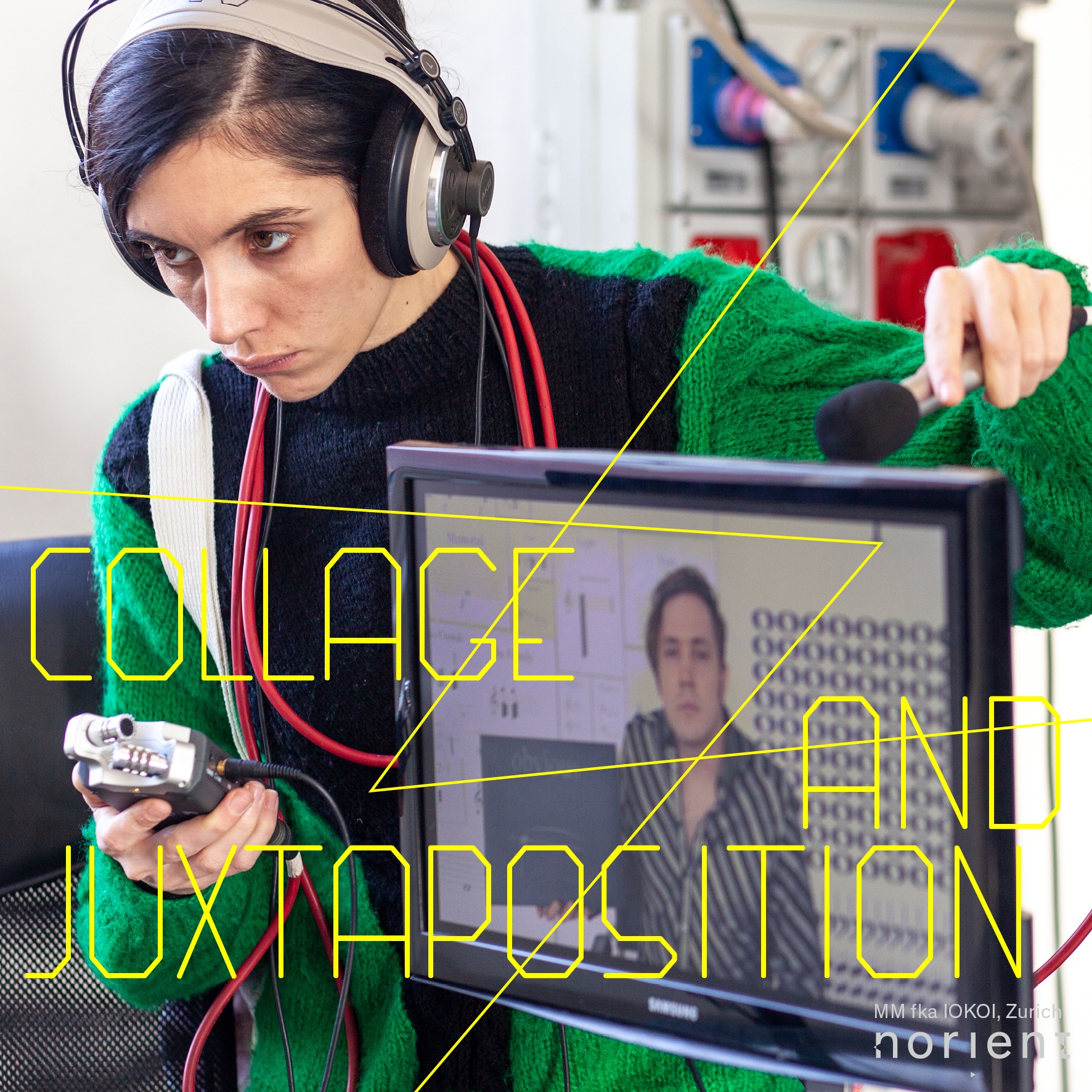
On March 5th, Norient Space’s beta version was launched at “Haus der Kulturen der Welt” in Berlin. A panel as well as a sound installation complemented the opening of this new “virtual transdisciplinary gallery and community platform between art, journalism and science”. The Swiss launch is scheduled for September 24.
Julia Vorkefeld was there at the Berlin launch and reports for neo.mx3 about Norient Space and the panel Life after Music Magazines-the Norient Way.
The independent Swiss music and media art platform Norient reinvents itself after almost 20 years. Culture’s glory days are over and in times when music analysis consist of the hearts and likes of the post-digital era, the challenge for music journalism is to keep innovative. The Now In Sound is Norient’s motto and the sound of now is a mirror of global events – which is what makes music journalism still relevant. The platform relaunched its project in a strategically smart way, starting from Berlin with an event in the prestigious “Haus der Kulturen der Welt”.
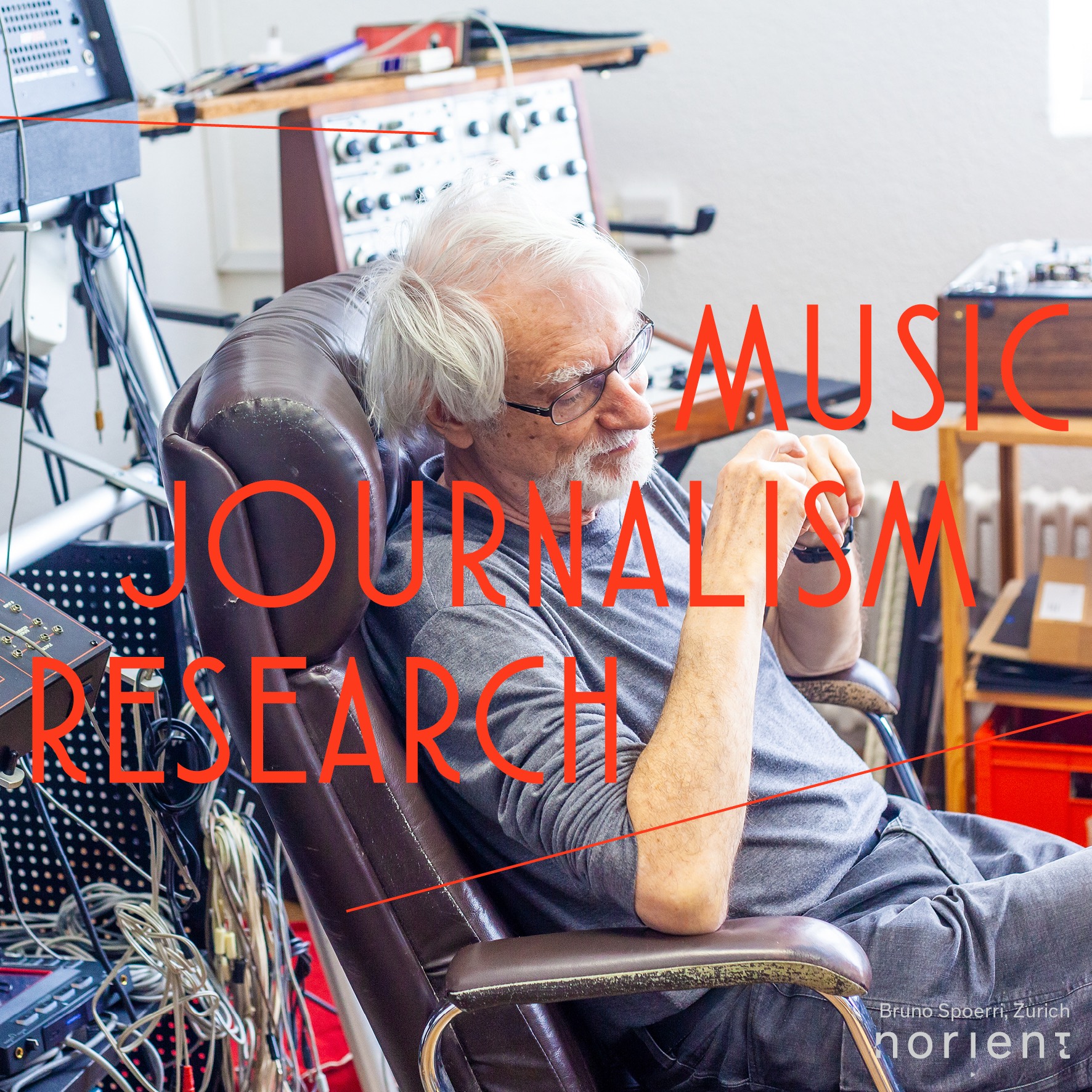
A relaunch is a rather brave undertaking these times. We had no idea that shortly after the Berlin launch, a virus would completely freeze all cultural industries and throw many of its actors into even greater precariousness. Not to mention that many renowned music magazines, such as Spex and Groove, had buried their analogue products and the Swiss magazine Dissonance had to abandon completely.
Independent music journalism has therefore eventually been declared an endangered species. The relaunch’s kick-off was accordingly complemented by a panel on the future of music journalism under the title “Life after Music Magazines-the Norient Way” which announced the fact that virtual, interdisciplinary, global, collaborative and transmedial should be some of the solutions for contemporary music journalism.
No – Orient: virtual, interdisciplinary, global, collaborative and transmedial..
Under the motto Connecting the dots – the network stands for shared knowledge production and its makers pursue ambitious ideas with it. Norient has been committed to diversity from the very beginning, long before it became a buzzword in the German-speaking cultural branch. Diversity not just as an empty phrase, but as serious policy for the name alone, a play on words from No and Orient, contains the avoidance musical exoticism and the associated power relations.
Norient Snaps Trailer 2020
The panel reflects the platform’s internationality and diversity and global players, such as Jenny Fatou Mbaye (Centre for Culture and the Creative Industries, City University of London), Faisal M. Khan (curator, Akaliko Collective, Dhaka) or Kamila Metwaly (music journalist, musician Savvy Contemporary Berlin) were involved.
The main focus was on how the platform could improve its content and formal orientation, with the aim of achieving more diversity, more internationality, new formats and events, and thus more quality overall.
Joy Frempong, The sample shapes the song, 2012
We care about content – is another motto and all speakers agreed that journalism in general and thus also music journalism should refocus on quality and that creating high-quality content has its price. However, since music platforms and editorial offices usually pay poorly, it is no wonder that music journalism is degenerating more and more into a badly paid hobby. It is a sad fact that music reviews are used as a corporate and marketing tool by global brands such as RedBull or Ballantines, as in these cases money would actually be available for cultural knowledge production. In order not to leave the shaping of culture to the brands, other solutions for financing independent music platforms, free of advertising, censorship and algorithms must be found. One solution the speakers pointed out could be more generosity in sharing content.
Financial precariousness in music journalism, however, was not discussed in depth and as I personally raised the issue, it was clear that all those involved were well aware of the problem. The input to consider as many professional areas as possible was however hardly convincing.
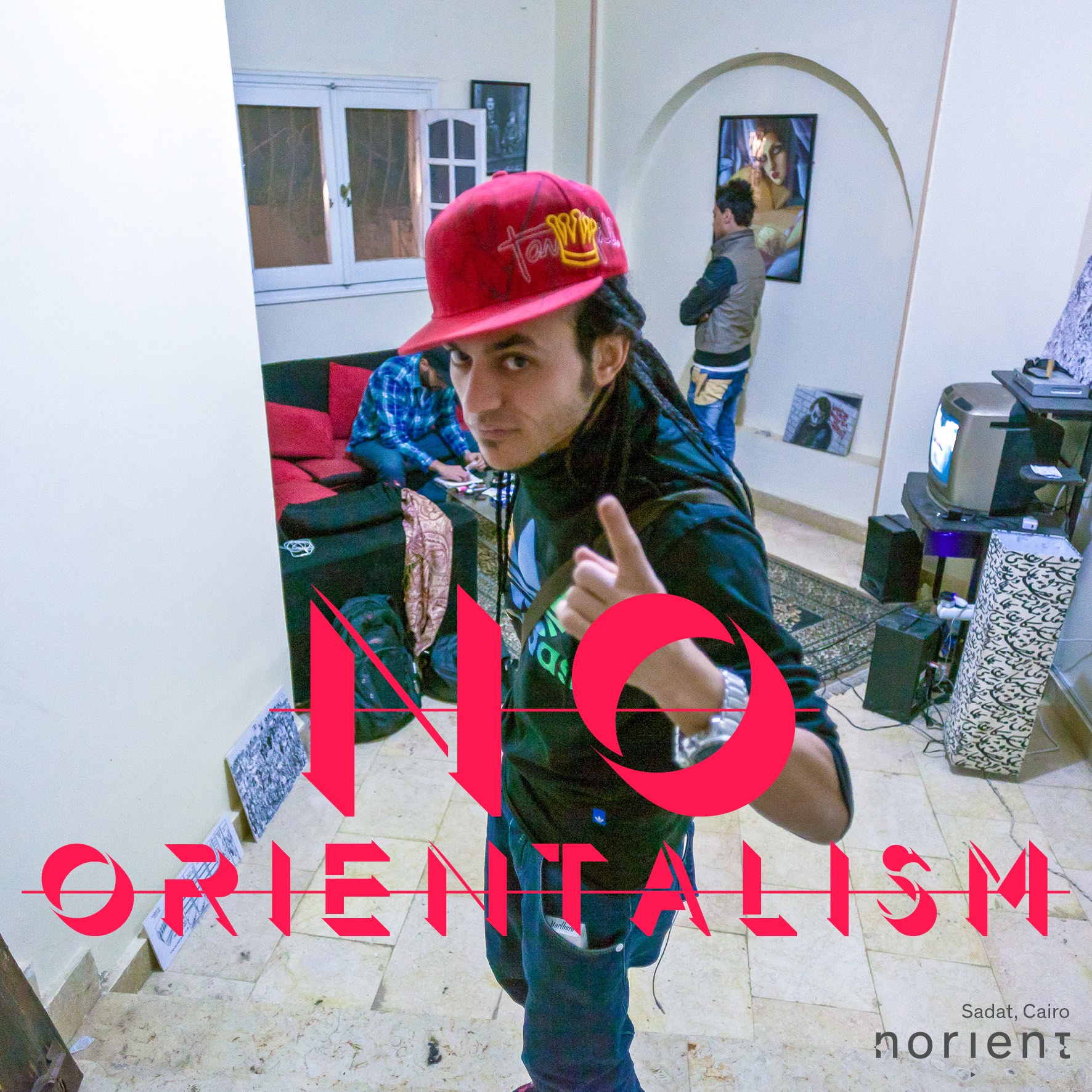
Norient tries to finance itself through a membership model. Connoisseurs who appreciate the platform support its content through subscriptions, and selected in-depth content such as dossiers or specials is reserved for subscribers while the rest of the platform is free of charge.
Whether Norient will be able to survive with its new model is not certain but we really hope so, because in an era of ethnic backlash, such cultural platforms are deeply needed.
Julia Vorkefeld
Norient Space is currently in beta mode. The official digital launch will take place on September 24th.
Norient – The Now In Sound, Wael Elkholy, Jing Yang, Jonas Kocher, Joy Frempong/Oy
Sendungen SRF 2 Kultur, 22.1.2020
Neo-Profiles: Norient, Wael Sami Elkholy, Jing Yang, Jonas Kocher, Bruno Spoerri


